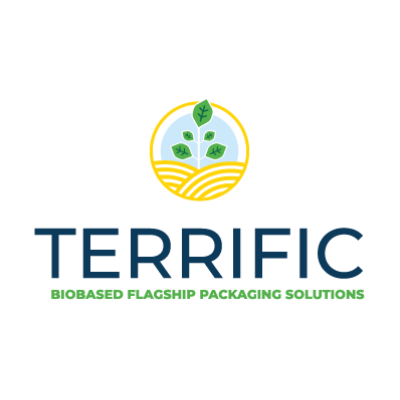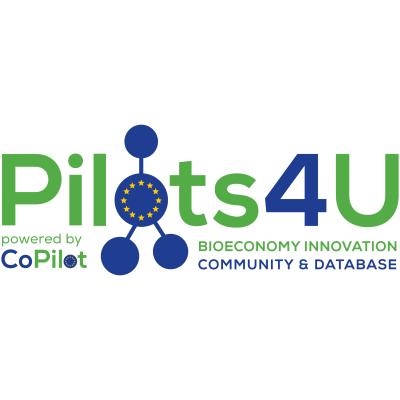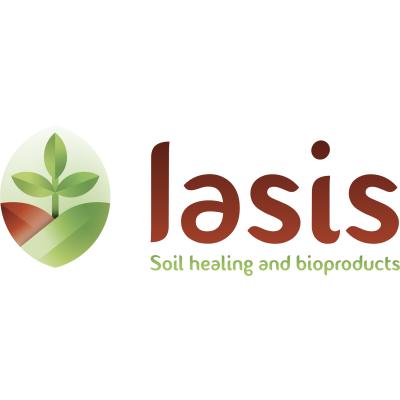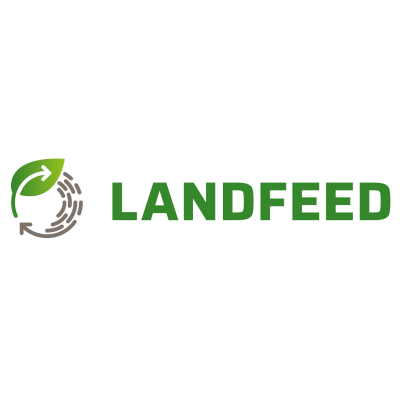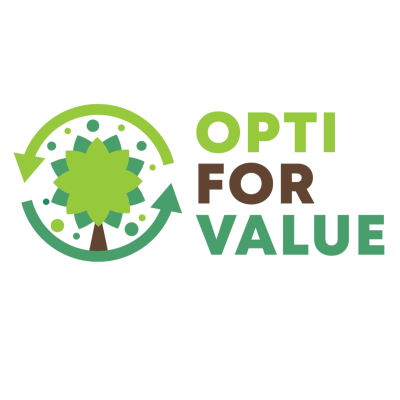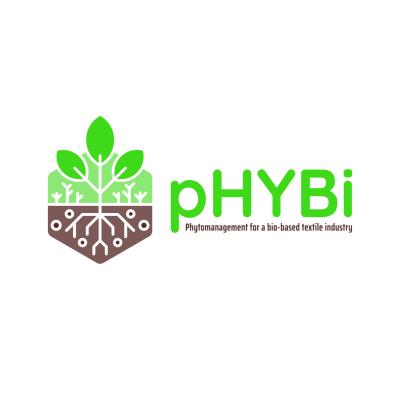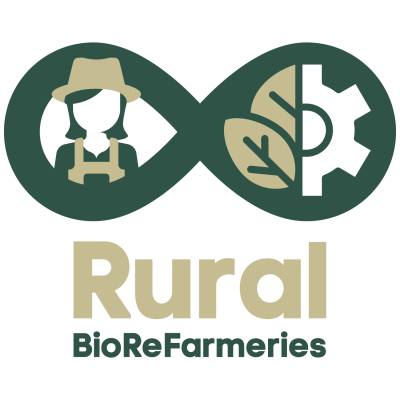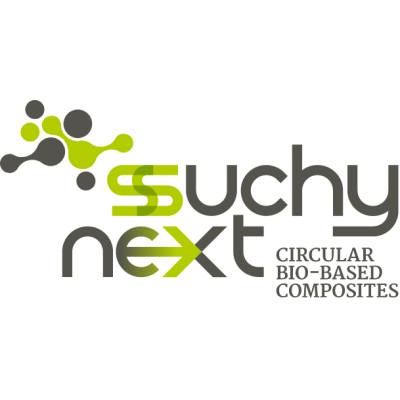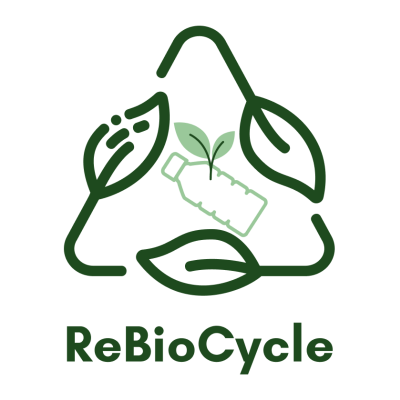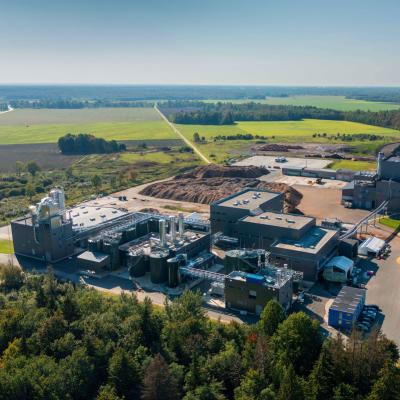
CBE JU has signed 31 grant agreements with project teams selected in the 2023 calls. 396 beneficiaries from 34 countries across the EU and beyond will receive nearly €215 million in funding to advance competitive circular bio-based industries in Europe, as well as develop new circular and sustainable products and solutions for the market.
The new projects will support the achievement of the CBE JU Strategic Research and Innovation Agenda (SRIA) objectives, with the ultimate goal of boosting the competitiveness and increasing the resilience of Europe’s bio-based economy. These projects will develop innovative circular and sustainable bio-based consumer products and industrial solutions to replace the fossil-based ones. This will reduce the EU’s reliance on strategic imports and create new value chains, business opportunities and green jobs, particularly in rural areas.
Once again, SME participation in CBE JU grants is strong, reaching one-quarter of all beneficiaries. Research organisations represent 37% of all beneficiaries, showing the bio-based sector’s strong collaborations between industry and research partners.
After the signature of the new grant agreements, the CBE JU Executive Director Nicoló Giacomuzzi-Moore said: ‘The high innovation value and management quality of the projects selected for funding demonstrates the excellence and global leadership of the European bio-based sector. The CBE JU’s portfolio has now grown to 192 projects, with over €1 billion total investments made, and attracting more than three times the amount in private investments. Congratulations to the project teams on starting their respective missions, and I am very much looking forward to the first results.’
Ground-breaking production at various scales
The projects are split into four types of actions, which encompass activities tasks ranging from the establishment of ground-breaking production facilities to the development of education, coordination and support systems.
- Four flagship innovation actions will receive €60.5 million to build first-of-their-kind industrial-scale facilities.
- 15 innovation actions will obtain over €104 million to establish demonstration-scale production systems and business models.
- Nine research and innovation actions will receive more than €45 million to develop new materials, products and ingredients from renewable and biological resources.
- Three coordination and support actions have been granted nearly €5.5 million to help advance Europe’s bio-based sector with a training network on circular sustainable practices for the construction workers, promotion of circular bio-based solutions in Southern Europe, and a database of open-access bioeconomy infrastructures across the continent.
The high innovation value and management quality of the projects selected for funding demonstrates the excellence and global leadership of the European bio-based sector.
Nicoló Giacomuzzi-Moore, CBE JU Executive Director
Four new biorefineries for high-value products
The four flagship projects will set up innovative biorefineries and production plants to support the development of the European bio-based economy, with a focus on the food and feed sectors.
- CIRCLE will use €17 million of the CBE JU funding to boost bio-based chemical production in Europe by making use of food waste streams. The project’s team will upgrade an existing biogas plant to transform locally sourced food waste and other biological residues into valuable bio-based chemicals like lactic acid to be used in cosmetics, cleaning products, the automotive industry and the food packaging sector.
- TERRIFIC will receive €16.8 million to help de-fossilise the packaging sector and make it circular with bio‑based materials for recyclable, compostable and high performing packaging. The project will build a first-of-its-kind biorefinery to produce bio‑based and biodegradable film laminated on pulp or paper, as well as rigid and flexible thermoplastic bio‑based materials for packaging solutions.
- WOODCELL will use €16.6 million of the CBE JU funding to develop viable bio-based alternatives to fossil-based materials in the chemical and material industries. The project will turn hardwood residues into micro-scale microcrystalline cellulose (MCC) for a wide array of applications. This will help reduce global dependence on fossil-based chemicals while creating new job opportunities in the region.
- PROTEUS has been awarded €9.6 million to unlock the full potential of brown algae by optimising its harvesting and extraction techniques. The project's biorefinery will transform 100% of the biomass into bio-based food and feed ingredients, personal care products and other industrial applications. This approach aims to sustainably boost Europe’s blue economy by improving circularity and creating new business opportunities.
The CBE JU’s portfolio has now grown to 192 projects, with over €1 billion total investments made, and attracting more than three times the amount in private investments.
Nicoló Giacomuzzi-Moore, CBE JU Executive Director
Advancing green solutions for many sectors
CBE JU funding will also make possible the development of products and applications for a range of other sectors, including agriculture, food, feed and chemical industries.
Some examples of projects include:
- LANDFEED has been awarded €6.5 million to create new bio-based fertilisers by using underutilised waste from the agro-food industry, forestry, urban, and natural sources as feedstock, and develop coating for these bio-based fertilisers to improve nutrient release mechanisms. The project will help cutting imports of fossil-based fertilisers and will contribute to restoring soil health and biodiversity.
- Rural BioReFarmeries will receive nearly €7.4 million to support the European grassland farmers with alternative income sources from small-scale decentralised green biorefineries. The project will bring together farmers and industry to launch a model biorefinery turning agricultural residues into high-value bio-based solutions.
- SSUCHY-Next will receive nearly €6.8 million to advance the innovative use of hemp in the production of bio-based and recyclable polymer matrices. The project’s team will demonstrate how these bio-based solutions can be used in a variety of products, including wind turbine blades, leather replacement materials, and construction materials like façade panels.
- SURFs UP has been granted nearly €7.4 million to develop new bio-based surfactants, widely used compounds in personal care, cosmetics, food and cleaning products, among others. The project’s team will work on turning wood and food processing waste into safe and sustainable bioproducts for home and personal care, as well as agrochemical applications.
See the full list of funded projects and discover all projects.
A new €213 million call is now open for project proposals across 18 topics. The deadline for the submission of proposals is 18 September 2024.


